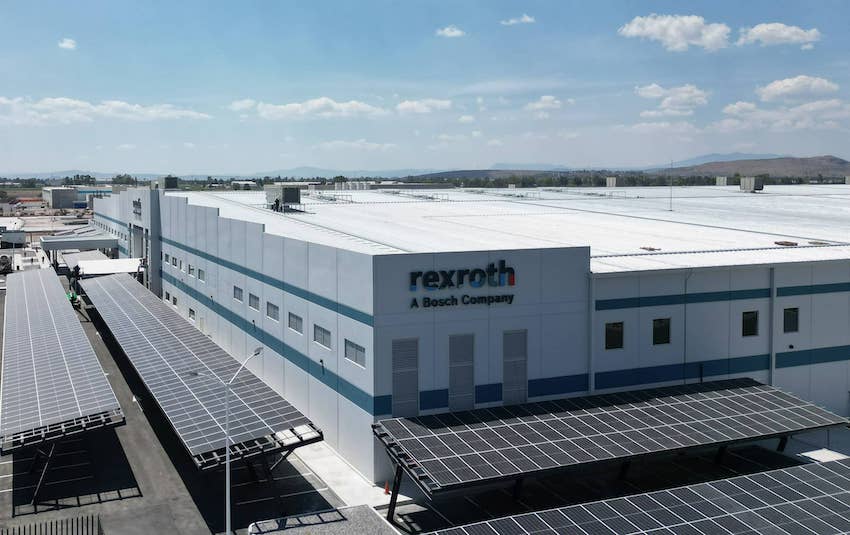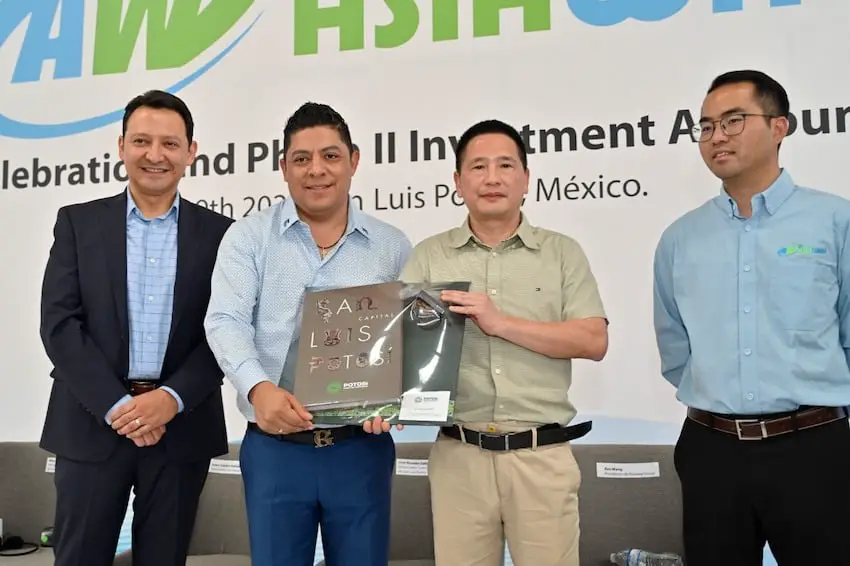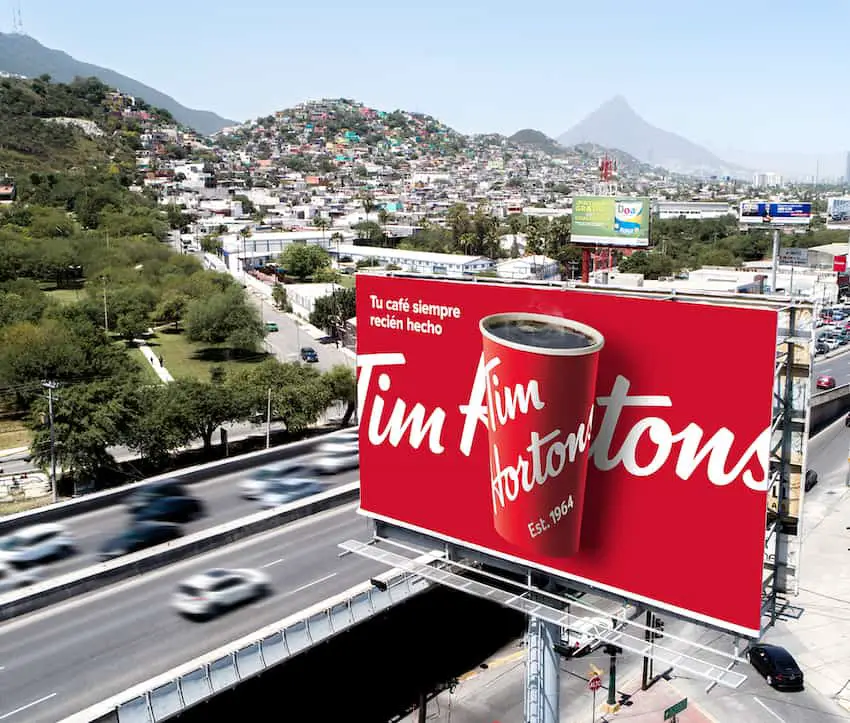Bosch Rexroth opens plant in QRO
Bosch Rexroth has opened a new 4.3-billion-peso (US $251 million) plant in Pedro Escobedo, a municipality in southern Querétaro. The German company will make hydraulic pumps for mobile machinery at the 42,000-square-meter facility.

Reinhard Schaefer, a member of the Bosch Rexroth executive board, said at an inauguration event on Wednesday that the establishment of the Querétaro plant allows the company to strengthen its presence in the North American market. Its operation will generate some 900 jobs during the coming years.
Schaefer wrote on LinkedIn that the Querétaro facility and a new Bosch Rexroth plant in Slovenia allows the company to expand its “global production network” and increase its capacity to deliver hydraulics and factory automation products.
“Our operations in Brnik and Querétaro will benefit our customers by increasing flexibility and robustness of our supply chain. Expanding local footprint and local sourcing in the region, especially in Mexico, means to serve increasing customer demand with competitive lead times and at the same time reducing the carbon footprint to contribute to sustainability,” he wrote.
Bosch, a multinational engineering and technology company headquartered near Stuttgart, has another plant in Querétaro that was recently expanded for the production of auto parts. The company, which has had a presence in Mexico since 1982, has announced investments in Mexico totaling more than 20 billion pesos in the past two years.
Asiaway sets up shop in SLP
Chinese auto parts manufacturer Asiaway began operations at a new plant in San Luis Potosí city last week. The facility is located in the World Trade Center Industrial Park on the outskirts of the state capital.

Asiaway invested US $41.4 million to open the new plant, which is the first stage of a two-part project. The company will invest an additional amount of some US $370 to develop a second phase of the project.
Some 300 people will initially work at the new plant, but Asiaway’s workforce will increase to 2,000 once the second larger part of the project comes on line in the coming years.
San Luis Potosí Governor Ricardo Gallardo attended an inauguration event with company executives early last week. He said that security in San Luis Potosí and government policies in a range of areas were among the reasons why foreign firms had confidence to invest in the state.
Tim Hortons to enter CDMX market
Canadian coffeehouse chain Tim Hortons will open its first location in the greater Mexico City metropolitan area later this year, the company’s Mexico president said.
In a video posted to Twitter by a Mexico-based Canadian diplomat, Juan José Gutiérrez said that a Tim Hortons store will open on Aug. 31.
“Join us at Sentura, that’s where we’ll be with you,” he said in the video posted by the Embassy of Canada’s Deputy Head of Mission Shauna Hemingway.

Sentura is a shopping center in the México state municipality of Tlalnepantla, which adjoins Mexico City to the north.
Tim Hortons arrived in Mexico in 2017, opening its first outlet in the Monterrey metropolitan area. It now has over 50 cafes in the country, but hadn’t announced plans to enter the Mexico City market before Gutiérrez appeared in Hemingway’s video last Sunday.
Valley of Mexico eyes automotive investment
The Mexico City Economic Development Ministry (Sedeco) and the México State Automotive Cluster (CLAUT México) are working together in an attempt to attract automotive sector companies to the Valley of Mexico metropolitan area, which includes the capital and parts of México state.

Economic Development Minister Fadlala Akabani Hneide said there is potential to attract US $12 billion in investment in the next five years as a result of the growing nearshoring phenomenon, in which companies relocate some or part of their operations to Mexico to be close to the United States market.
He said there are 40 auto sector companies from the U.S., Europe and China that are interested in establishing plants in the Valley of Mexico metro area.
“We have more than 22,000 square kilometers of … [land] … where large factories can set up,” Akabani said.
The minister said that Sedeco officials would meet with representatives of auto sector companies visiting the Mexico City area with a view to establishing an operational presence, while CLAUT México would help link the firms to local supply chains and industrial parks.
CLAUT México president Elisa Crespo Ferrer said there are already 154 auto sector businesses in the Mexico City area. Those firms collectively employ 31,800 people, she said.
With reports from TYT, Mexico Industry, Lider Empresarial, Expansión and Forbes México
